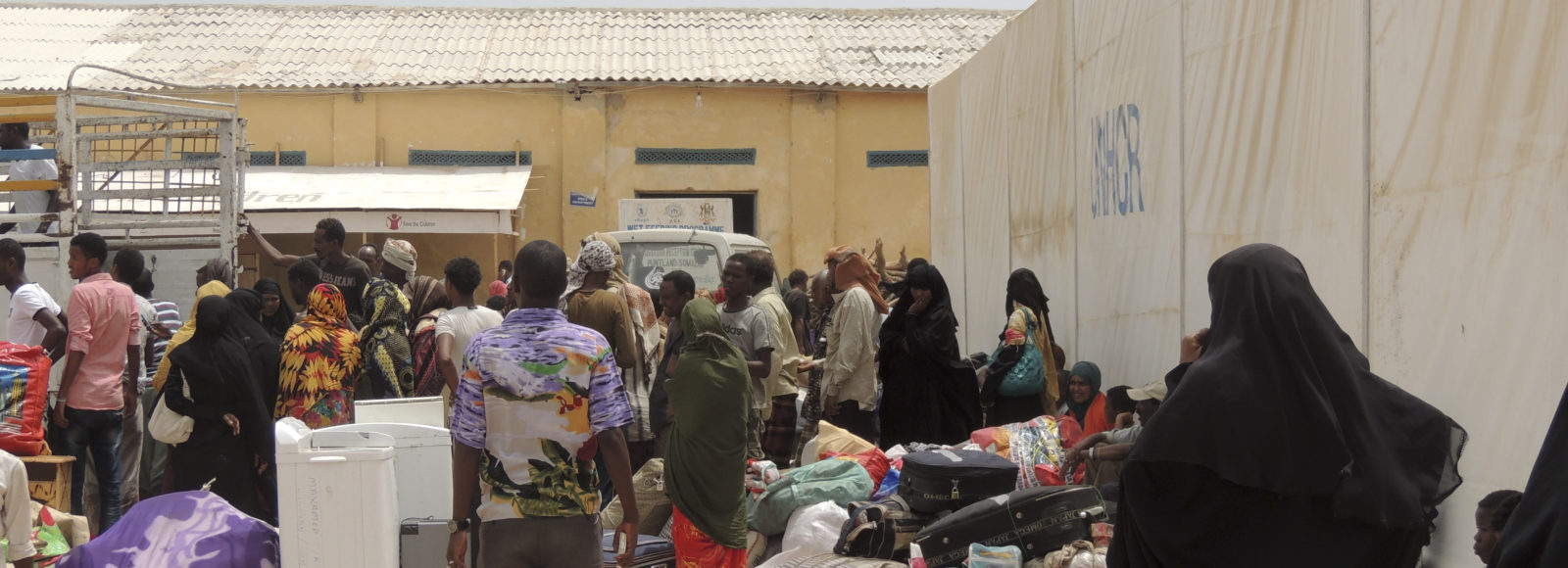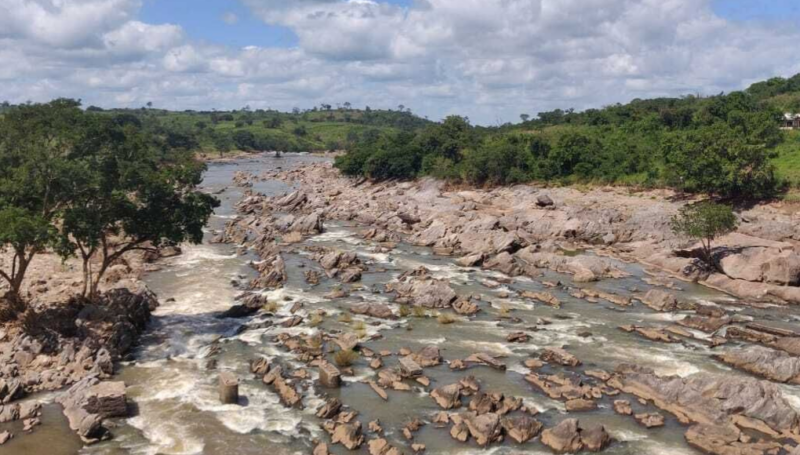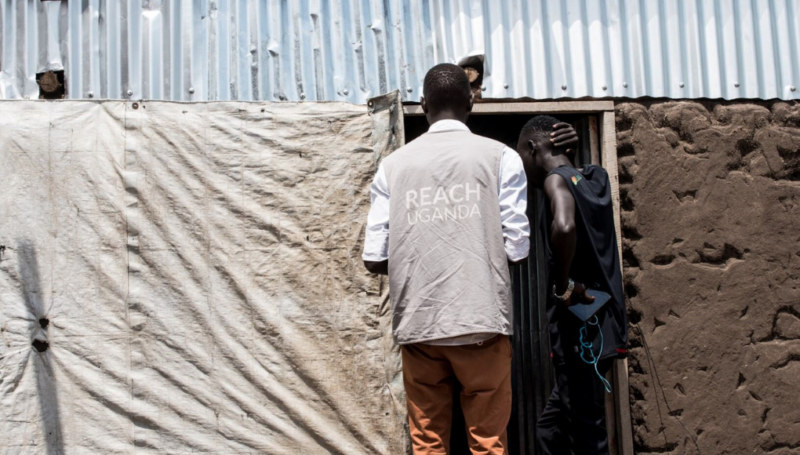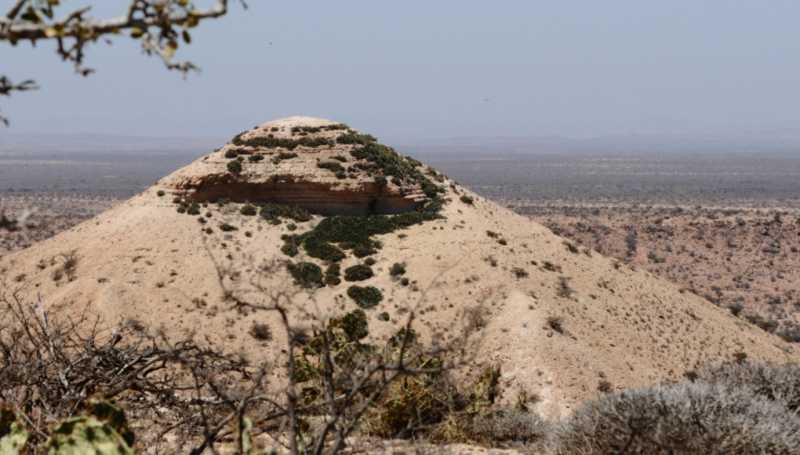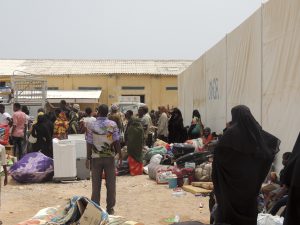
Somalis arrive at Bossaso Port, Somalia. © IOM 2015
In Somalia, cumulative and prolonged drought conditions, along with breakdown in civil administration over the last 25 years, have had severe impacts on the Somali population. In addition, limited infrastructural investments and large levels of internal displacement have increased vulnerability to environmental change.
The WASH Cluster Somalia, recognising the lack of sufficient information on variations in water price between different areas and over time, requested the deployment of the Global WASH Cluster (GWC) Field Support Team (FST) – to which REACH provides assessment and Information Management capacity – to establish a Water Market Monitoring System. The activity aims to establish a data collection, monitoring and reporting system on water market prices in Somalia, with the support of REACH Somalia. In doing so, it will enable humanitarian and development actors to better analyse humanitarian needs and displacement trends in areas particularly affected by drought, and provide a replicable and scalable system for other areas of Somalia.
The main areas selected for the initial study are rural areas either affected directly by drought or by displacement as a result of drought. REACH Somalia will be leading on the initial stage of the data collection and development of a baseline using tools and methodology designed by the GWC and REACH. REACH will support WASH Cluster partners to train staff in data collection and assessment methodologies, in order to allow the sustainability and replication of the system under the leadership of the Somalia WASH Cluster. Ultimately, the market survey tool and baseline should provide a sustainable way of monitoring price fluctuations for water and WASH items with the ability to compare:
- Urban and rural areas;
- Wet and dry seasons, and
- General longitudinal trends.
This initiative will add to REACH’s global and ever-developing work on market monitoring, and will further improve information gathering that will strengthen the response to essential humanitarian needs in areas challenged by conflict, instability and environmental change.





